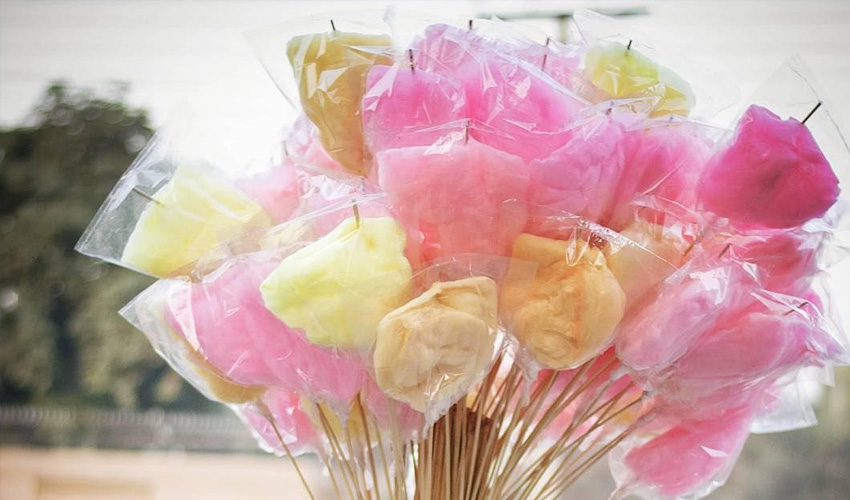Several Indian governments have launched a crackdown on cotton candy, a popular confectionary pleasure, amid growing concerns about its potential health risks.
The southern state of Tamil Nadu has banned the sale of this sugary delight after stringent laboratory tests revealed the presence of Rhodamine-B, a known cancer-causing chemical, in samples gathered from several vendors.
Cotton candy, also known as “buddi-ka-baal” due to its similarity to elderly women’s hair, has long been a popular treat among children all over the world. However, its benign facade has been destroyed, with health officials raising serious concerns about its safety.
P. Satheesh Kumar, a vigilant food safety officer in Chennai, led a crackdown on cotton candy vendors along the busy seashore.
The ensuing studies highlighted the alarming presence of Rhodamine-B, demanding immediate government action.
The prohibition declaration by Tamil Nadu’s Health Minister, Ma Subramanian, emphasised the gravity of the situation, underlining rigorous procedures under the Food Safety and Standards Act of 2006 to limit the use of Rhodamine-B in any manner connected to food items.
Echoing Tamil Nadu’s aggressive posture, other governments such as Andhra Pradesh have begun rigorous investigations of cotton candy samples to determine the presence of the harmful chemical component.
This impassioned campaign against cotton candy’s potential health concerns has sparked widespread interest, with even the capital city of Delhi considering a ban on the once-popular dessert, according to the New India Express.







